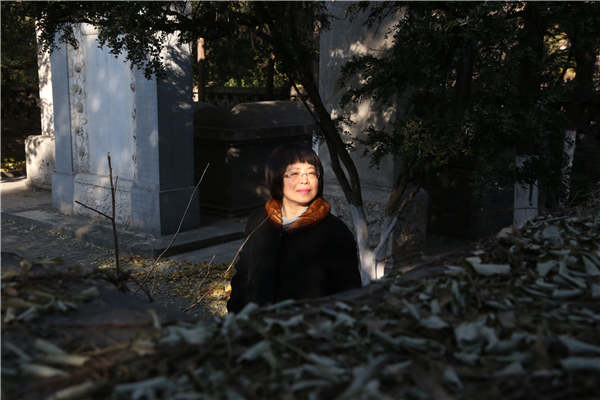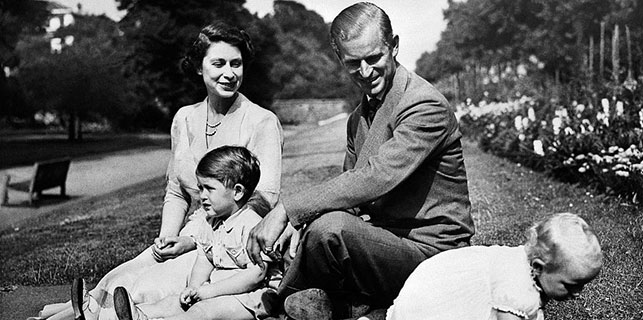Men on a mission
 |
|
Li Xiumei, associate law professor at the Beijing Administration Institute, on the Jesuit missionaries who came to China. [Photo by Jiang Dong/China Daily] |
If a high level of adaptation is what the Western missionaries needed to disarm a people whom Ricci believed "deeply distrusted" outsiders, then a demonstration that these men possessed the finest minds became necessary to break what the American historian Jonathan Spence has described as Chinese society's "serene indifference to foreigners".
"They needed to impress, and even to astonish," Zhang says. "Armed with knowledge gained from those 15th-century voyages that led to the discovery and colonization of the New World, and later from the invention of the telescope, they were ready to do exactly that."
But before any serious business, there was often a display of intellectual curiosities, including trinkets to tickle the imagination.
On one occasion Ricci is believed to have given to the decadent Ming Emperor Wanli (1563-1620) three things: a portrait of the Virgin Mary, a tin musical instrument and a chime clock. "Wanli was so infatuated with the clock that when his mother, the empress dowager, asked to have a look, the emperor, fearing that he might have to surrender his newly gained fetish, had the clock's inbuilt mechanics removed before presenting it to the old lady," Li says.


















